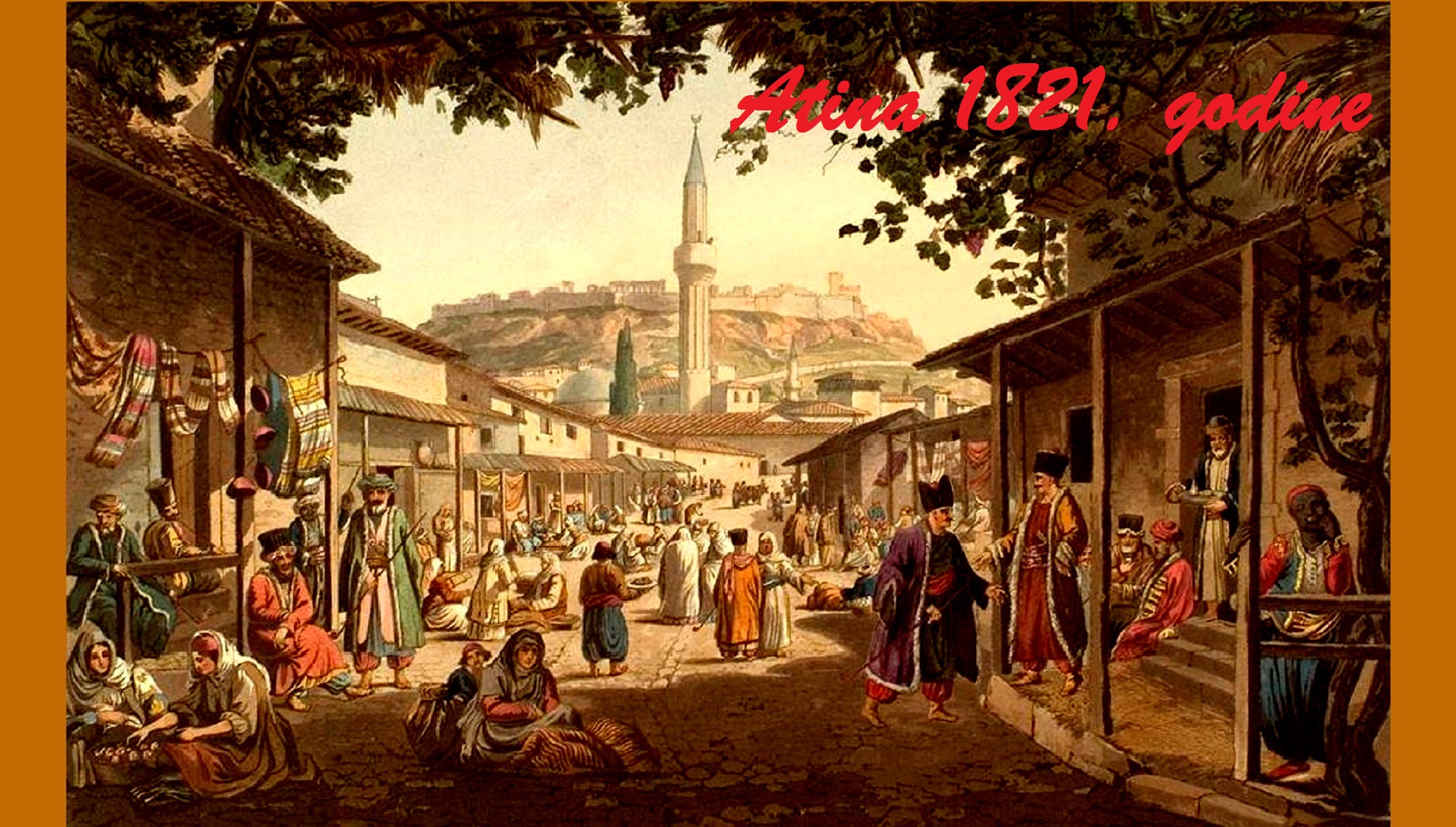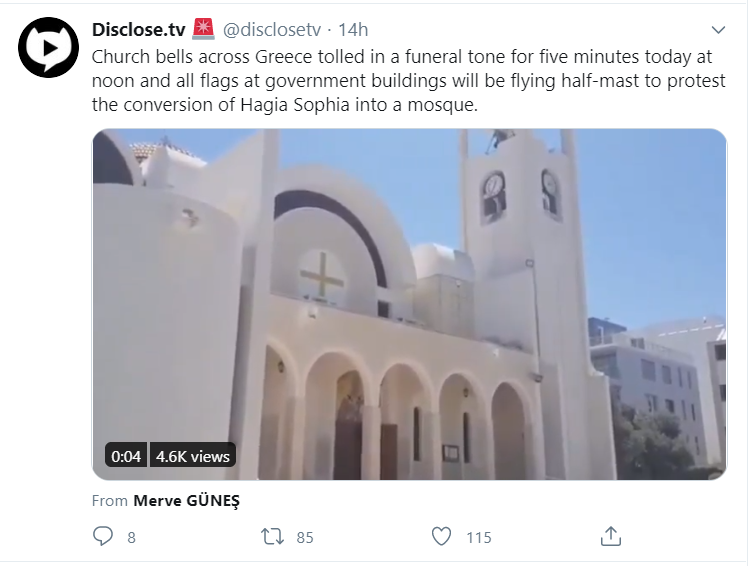Church bells across Greece tolled in a funeral tone for five minutes today at noon and all flags at government buildings will be flying half-mast to protest the conversion of Hagia Sophia into a mosque.
(Video Gallery) Hagia Sophia Opening Ceremony: Believers from all sides with takbeers made their way to the mosque
This act would be understandable if, after the struggle for independence, in 1824, Greece did not devastate the remaining mosques and turn them into museums, warehouses and exhibition spaces.
This act would be understandable if the Greeks were the ones who inherited European values and respected basic human rights, to respect the rights of the Muslim minority in Greece. Minorities who agreed that their mosque, which is still waiting to be opened, does not have a minaret or speakers and that it does not look like a mosque.
For years, the Greek authorities have been giving false promises to Muslims that the mosque they built will be open and can be used for prayer, and almost as a rule, this is constantly postponed. Today’s church bells rang for Greek democracy, which was buried long ago in the country that is its cradle.
After the struggle for independence, in 1824 the mosques were used by the Greeks as ammunition depots, military bakeries, barracks …

Greek authorities have postponed until further notice the opening of the first mosque in Athens, which Muslims have been waiting for for two centuries. Since 1821, exactly 198 years since the liberation from Ottoman rule, city structures in Athens have not allowed the existence of an official mosque. There were only historic mosques that survived as museums such as the famous Cistarakis and Fethiye mosques on the Roman Agora.
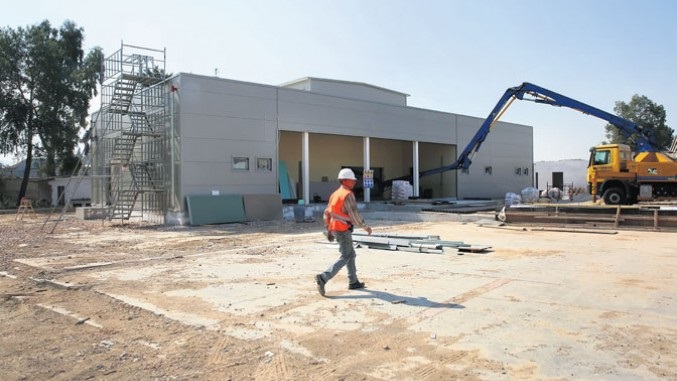
The first initiative to build a mosque in Athens dates back to 2002, but the powerful Orthodox Church managed to freeze this idea. So Athens is the only capital in Europe where there is no mosque. One hundred thousand Muslims living in the capital of Greece but they do not have a place for prayer.
In the years after Greek independence, many Ottoman buildings were used as military prisons, cinemas, provincial offices, hostels and warehouses. Moreover, dozens of mosques were closed for worship, and some were converted into churches. Many abandoned buildings were destroyed over time.

The Fethiye Mosque in Athens, built in 1458 by Fatih Sultan Mehmet, also known as Mehmet the Conqueror, is currently used as an exhibition hall. The Tzisdaraki Mosque has also been converted into a ceramics museum.
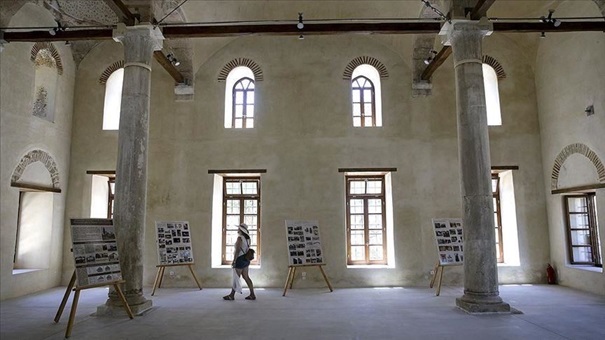
There are no signs from other historical buildings inscribed in archives and almanacs.
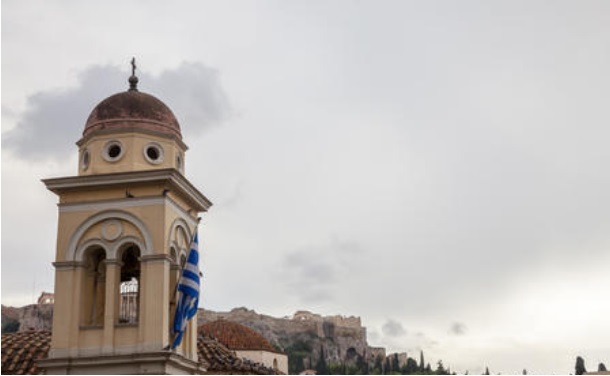
In Thessaloniki, the Hamza Bey Mosque, the oldest in the city, was closed due to restoration work aimed at turning the building into a museum. The mosque, which was built in 1467, was previously used as a cinema. The Alaca Imaret Mosque in the same city, which was built in 1484, has also been turned into a museum.
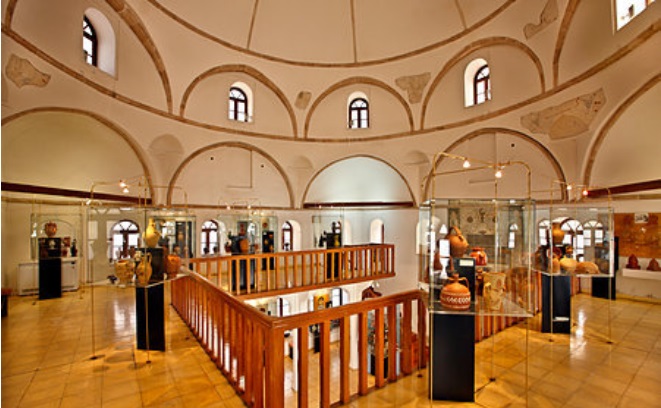
The Yeni Mosque, built in 1904, was closed for worship and its minaret was destroyed. It is currently used as an exhibition hall of the municipality.
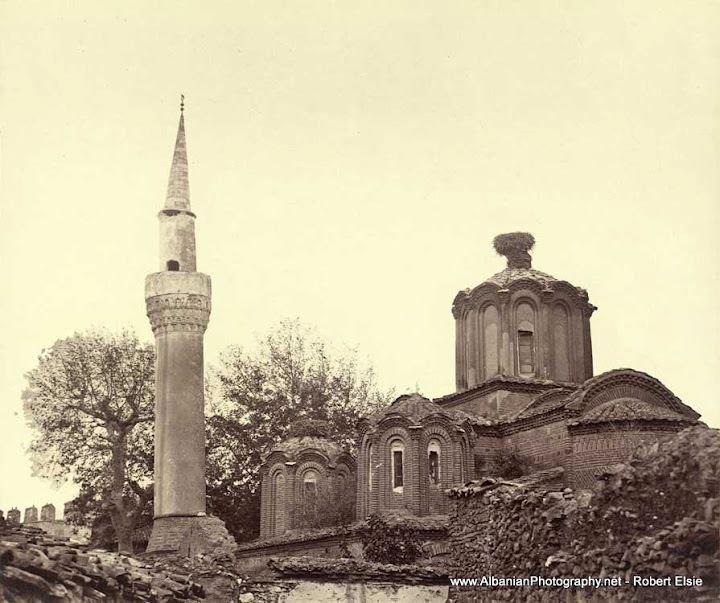
The White Tower, one of the most important Ottoman monuments in Thessaloniki, is being promoted as a “Byzantine work” and a symbol of the city.
Mosques and historic buildings in many other Greek cities, such as Ioannina, Crete, Larissa and Kavala, also suffered the same fate.
The Aslan Pasha Mosque in the city of Ioannina, the Veli Pasha Mosque in the city of Rethymno and the Zincirli Mosque, built in the 16th century in Serres, have also been turned into museums, Anatolia writes.
Balkantimes.press
Napomena o autorskim pravima: Dozvoljeno preuzimanje sadržaja isključivo uz navođenje linka prema stranici našeg portala sa koje je sadržaj preuzet. Stavovi izraženi u ovom tekstu autorovi su i ne odražavaju nužno uredničku politiku The Balkantimes Press.
Copyright Notice: It is allowed to download the content only by providing a link to the page of our portal from which the content was downloaded. The views expressed in this text are those of the authors and do not necessarily reflect the editorial policies of The Balkantimes Press.

